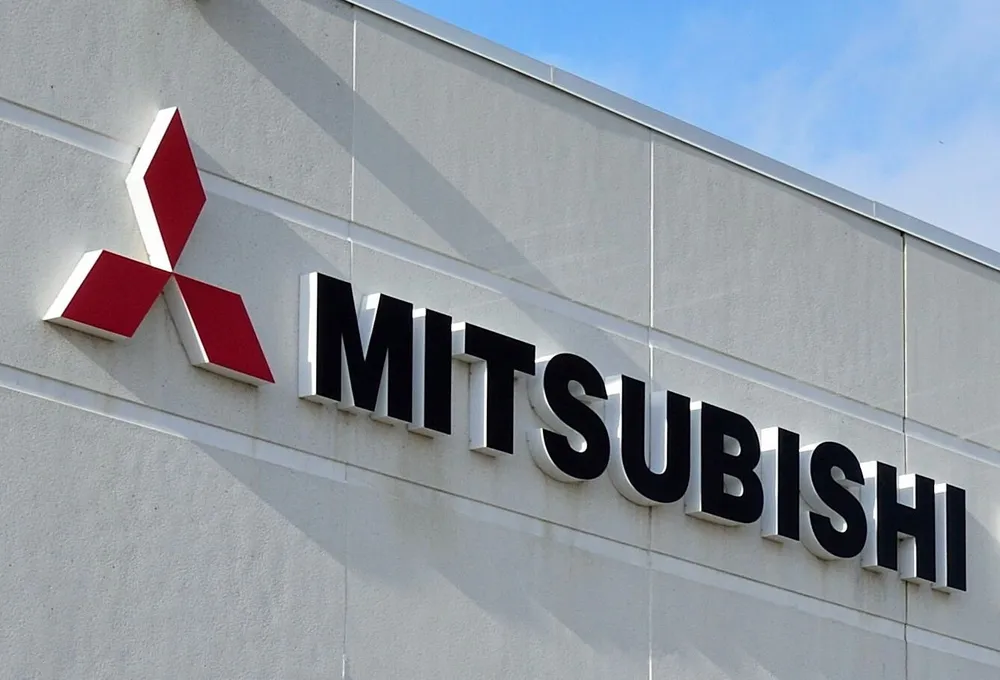Mitsubishi confirms it is quitting three Japanese offshore wind projects
Japanese conglomerate says developing offshore wind farms ‘not feasible’ in business environment hit by pandemic and war in Ukraine

Mitsubishi has confirmed that it is quitting three offshore wind projects in Japan, citing a “significantly changed” business environment for the sector, having denied reports yesterday that it had made such a decision.
“As a result of the review, we have decided not to proceed with the development of the projects,” it said.
Development plans for the areas, with a total projected capacity of 1.76GW, pointed to start-up dates between 2028 and 2030.
In its statement today, Mitsubishi said that since its selection as the operator of these projects, “in the wake of the pandemic and the Ukraine crisis, the business environment for offshore wind power has significantly changed worldwide due to factors such as tight supply chains, inflation, exchange rates, and rising interest rates.”
“To adapt to these unexpected changes, we have been pursuing various options including reassessment of costs, project schedule, and revenue. However, after discussions among the partners, we have determined that establishing a viable business plan is not feasible given the current conditions.”
Most of the losses have already been accounted for, it said, and additional losses are expected to be “limited.”
Mitsubishi said that it continues to recognise renewable energy, including offshore wind, is an “essential element of Japan’s energy mix” and that it remains committed to working towards a “decarbonised society.”
News that Mitsubishi had decided to quit the projects first broke yesterday in local business daily Nikkei. However Mitsubishi issued a statement later in the day denying this, saying it had yet to make its decision.
Japan’s Ministry of Economy, Trade and Industry (METI) has been trying to find a formula for rescuing the inaugural tender that Mitsubishi dominated back in 2021, but is running into opposition from some of the companies the conglomerate outbid.
A third round saw an all-Japanese consortium made up of JERA, Green Power Investment and Tohoku Electric selected ahead of two other proposals for the 615MW Aomori project and another consortium made up of Marubeni, Kansai Electric, BP, Tokyo Gas and Marutaka see off three other proposals for the 450MW Yamagata project.
(Copyright)